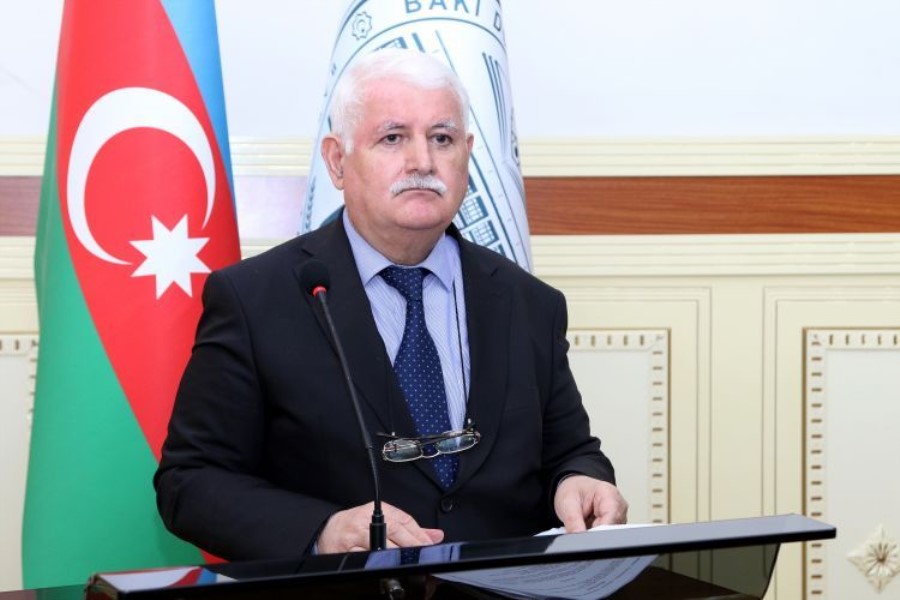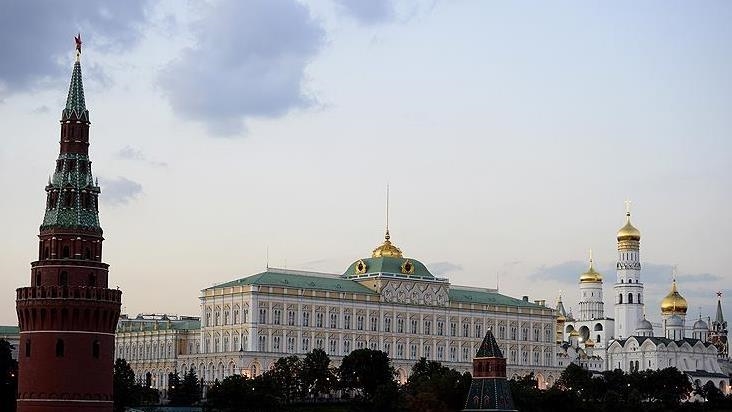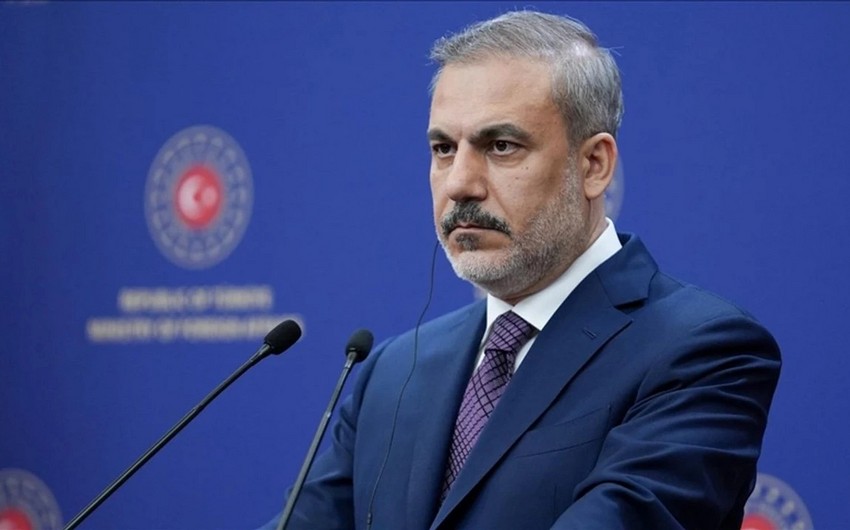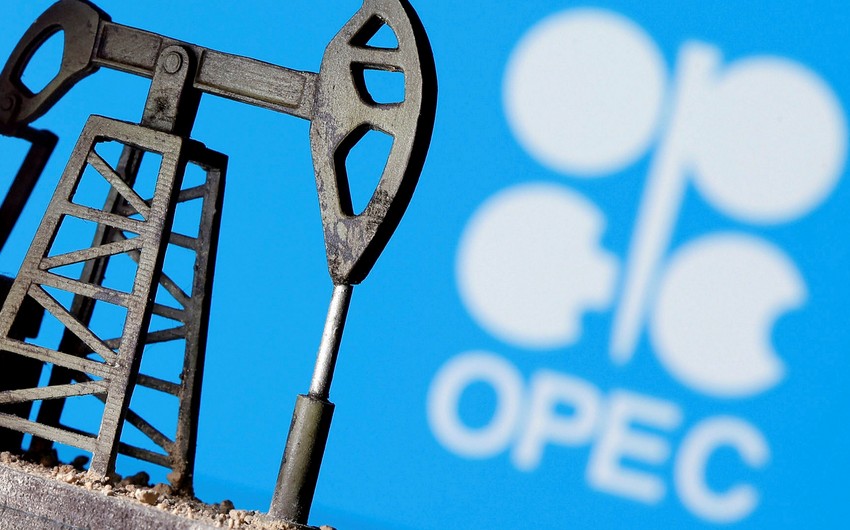France has intensified its involvement in the South Caucasus, aiming to counter the development of the North-South corridor beneficial to Russia and exclude Armenia from participating in the project. This raises questions about France's underlying geopolitical motives.
Armenia and France have recently signed an agreement on military-technical cooperation, signaling a deeper strategic alignment. Umud Mirzayev, president of the International Eurasia Press Fund, discussed France's longstanding regional interests with Ednews.
U. Mirzayev noted that France's influence in the South Caucasus dates back over a century, persisting through the pre-Bolshevik era and post-Soviet collapse. He asserted that France has historically acted to impede conflict resolution in the region:
"France has consistently worked to ensure that problems in the South Caucasus remain unresolved, particularly within the Minsk Group over the past 30 years. The late Heydar Aliyev, the former Azerbaijani leader, sought to exclude France from the Minsk Group due to their unfulfilled promises and obstructive actions."
Mr. Mirzayev highlighted Armenia's exclusion from beneficial regional projects, attributing this to the geopolitical interests of major powers, including France:
"Superpowers have historically sought control over economic resources worldwide, and the South Caucasus is no exception. These powers aim to weaken regional countries to maintain their influence. Currently, Armenia is arming itself and promoting separatist movements, undermining regional economic projects that could enhance development and diminish foreign influence."
He warned that such actions could lead to long-term detriments for Armenia, urging internal forces to recognize true allies and adversaries before it is too late.










